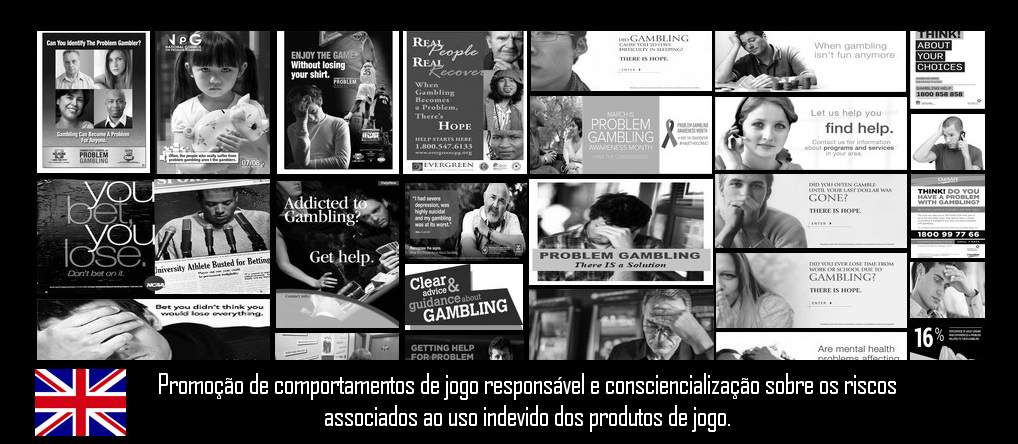

Thinktank trials scheme to teach children about problems that can ‘wreak havoc on people’s lives’
Lessons about the risks of gambling have been trialled in secondary schools in an attempt to address high levels of gambling among school-age children. Around 25,000 children in the UK are currently classed as problem gamblers, with one recent survey finding that one in six 11-to-15-year-olds admitted to gambling in the last week.
Yet according to the cross-party thinktank Demos, gambling is rarely included in the school curriculum, which routinely teaches about the dangers of other risky behaviours including alcohol, drugs and sex.
In an attempt to fill the gap, Demos has piloted lessons to teach children about the risks of gambling and where to go for help and support. The aim is to encourage pupils to weigh up risk, identify manipulative behaviour by gambling companies, learn about managing impulses, and help others who are experiencing gambling problems.
A series of four lessons were taught at schools across the country, reaching 650 pupils. Of those, 41% said they had participated in gambling within the last year, most commonly using money to place bets (21%), followed by playing fruit machines (17%) and playing cards for money (14%).
Simone Vibert, a social policy researcher at Demos, said: “Given that young people are routinely taught about the risks of drugs, alcohol and underage sex, the fact that so few are taught about gambling is an anomaly.
“Problem gambling can wreak havoc on people’s lives, not to mention their friends, families and the wider economy. Prevention is clearly preferable to treatment later down the line. These lessons encourage pupils to weigh risk, manage impulses and advise others – all things that can help prevent problem gambling and other risky behaviour too.”
Over a 12-month test period, Demos observed a significant decline in the proportion of pupils playing cards for money, with a net decline of seven percentage points relative to a comparison group.
Demos also saw a large increase in the proportion of pupils able to describe how to help someone experiencing gambling problems, and increased awareness of where to go to talk about gambling problems. It is now urging the government to include lessons about the dangers of gambling as part of PSHE (personal, social, health and economic) education, which is currently under review.
Dr Jane Rigbye, director of education at GambleAware, an independent charity that funds research, education and treatment services to help minimise gambling-related harm in the UK, said: “There are legitimate concerns about the impact of gambling-related advertising and the normalisation of gambling for children.
“It is in this context that GambleAware is pleased to have funded this project to explore what may be effective in helping children to understand the nature of gambling and the associated risks, and to become resilient to the harms that can arise.”
Source: The Guardian




























